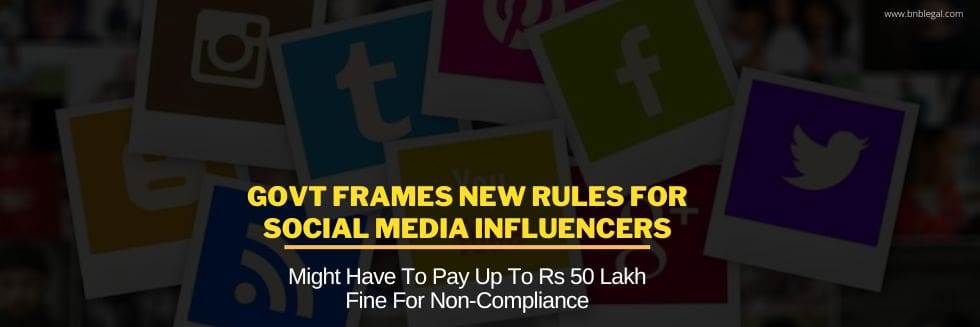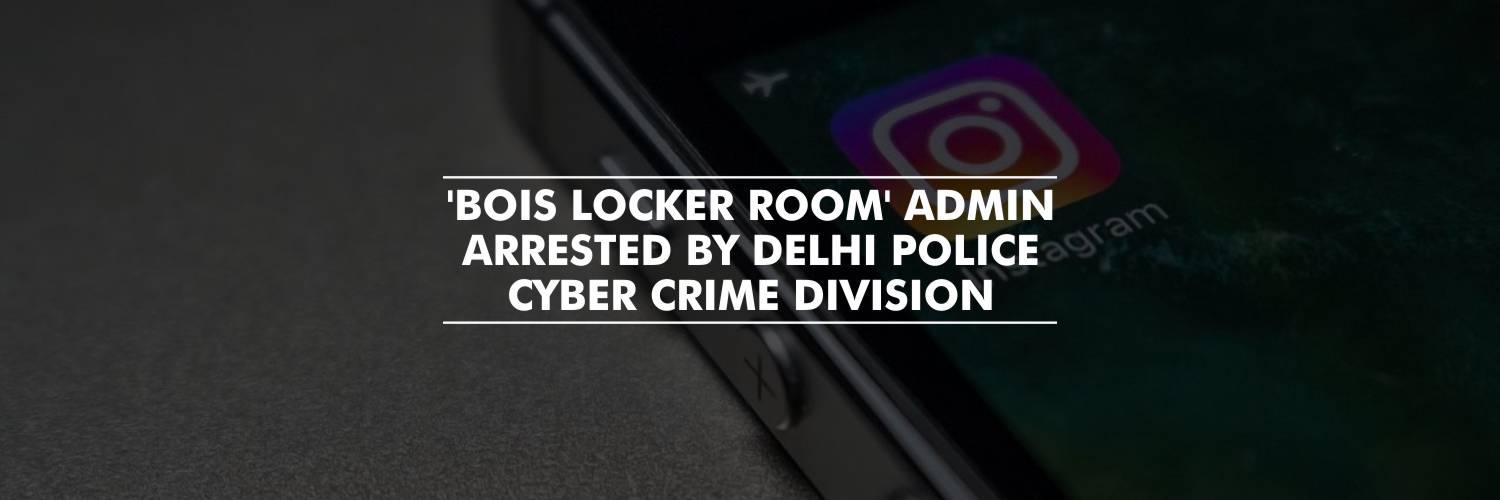By bringing the new rules, the Indian government has made it mandatory for social media influencers to disclose all “material” interest such as gifts, hotel accommodation, equity, discounts and awards when endorsing any products, services or scheme. Failing which, the person has to face legal action including endorsement ban and hefty fines.
The government introduced the rules on 20th January 2023 emphasizing publishing disclosures clearly about brand associations to bring transparency and protect consumers. The social media influencers who will be found violating the rules might have to pay hefty fines of up to Rs 50 lakh and can be banned from endorsing the product for up to six years.
Department of Consumers Affairs issued the rules titled “Endorsement Know Hows – for celebrities, influencers and virtual media influencers (Avatar or computer generated character) on social media platforms”. Consumer Protection Act 2019 will be applicable in case of dealing with misleading advertisements.
Central Consumer Protection Authority (CCPA) Chief Nidhi Khare stated that disclosure will be required to be published when there is a “material connection” between an advertiser and a celebrity or influencer.
The market size of the social media influencer industry is estimated to reach ₹2,800 crores by 2025.
“The guidelines will apply to all individuals who have access to an audience and the power to affect audiences’ purchasing decisions. The disclosure in an endorsement message should be in a manner that is clear, prominent and extremely hard to miss. In case of endorsement in a picture, disclosure should be superimposed over the image for viewers to notice. In a video, it should be placed in the video and not just in the description. And in the case of a livestream, disclosure should be displayed continuously in the form of a ticker during the entire length of the stream,” Khare said.
Consumer affairs secretary Rohit Kumar Singh said, “The overarching framework is the Consumer Protection Act, which is supposed to protect the rights of the consumers. And the bottom line in this context is the control and prevention of unfair trading practice. Consumers should know if something is thrown at them from digital media, the person or entity sponsoring it have taken money or any form of connection they have with the brand.”
If non-compliance occurs, there are provisions under the law for consumers to approach authorities to seek legal action against people who violated the rules, Singh added.
Emphasizing that misleading ads in any form, format or medium are prohibited, Khare said that new guidelines have specified who all need to disclose, when to disclose and how to disclose.
“Material connections are not limited to benefits and incentives alone. It could be monetary or other kinds of compensation. It could be free products with or without conditions attached, including those that received unsolicited discounts or gifts. Trips or hotel stays, media barters, coverage and awards or any family, personal or employment relationship will be called material connection,” Khare stated.






